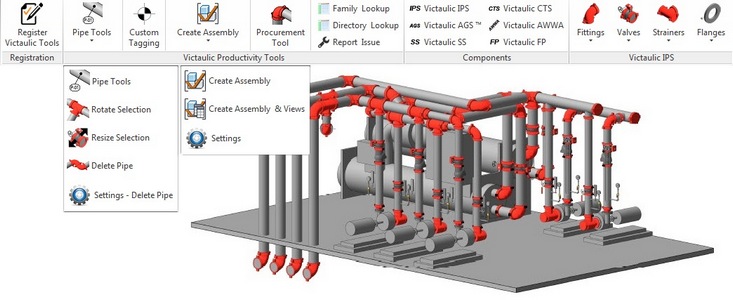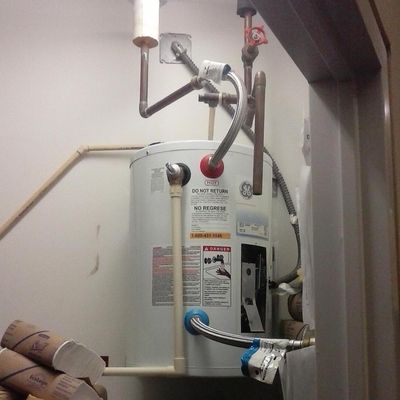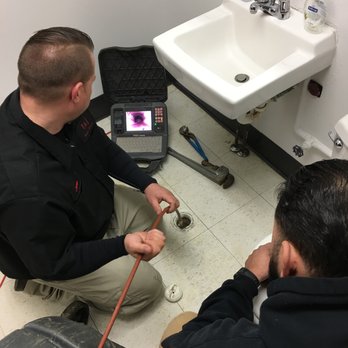
Before you make a decision on whether to buy or not, you might be interested learning about the policies and costs of solar panels. Because the solar industry is in growth, these policies, incentives and prices can change. Texas expects to see an increase in solar installations within the next five year. It is therefore vital to keep abreast with any changes in policies or prices. You can learn more about the latest policies and incentives, regardless of whether you are interested or simply looking to reduce your energy costs.
Sun Solar Company
Texas' sunshine makes it a great state to convert to solar energy. It is crucial to find the best solar company for your energy goals and needs. Home Media conducted a thorough review of Texas' top solar companies. This review provides information on the company's advantages and disadvantages, as well the savings incentives in Texas.
Sun Solar was founded in 2012 by Caleb Arthur, a former law enforcement officer. He became interested in solar energy while he was free. To save money, the man built his own system of ground mount solar panels and started selling them to other business owners. Since then, Sun Solar has grown from a single man operation to one of the top solar energy companies in the state.
Envirosolar
Envirosolar specialises in solar power systems. The company was founded on the idea that homes can be turned into self-sustaining solar energy devices. It offers a variety of smart home and solar solutions. Its goal is to make a home as energy efficient as possible, while providing smart security and convenience.

The company provides free energy assessments and will work with you to find the right solar system for your property. They can also assist you in applying for rebates and incentives from your local utility. The energy systems are easy to install and can help lower your utility bills. High-tech solar panels will be installed by highly qualified staff at this company.
Momentum Solar
Momentum Solar offers homeowners in Texas and surrounding areas a complete range of solar power systems. Enphase active monitoring via Enphase is included in their solar panel systems. The panels are made from high-quality components and have high-quality module technology. The company works in 10 states to serve homeowners with their solar needs. The company has an excellent reputation among homeowners and is accredited by the Better Business Bureau.
The company was formed in 2009 and currently employs over 2,000 people in eight states. The company's goal is to offer customers affordable renewable energy that will help them save money on their energy bills. They work with solar panel makers to build the perfect system for homeowners in their region. They also offer financing options. Their mission is to help customers create a sustainable future with renewable energy and reduce harmful carbon emissions.
Sun Solar Energy
Sun Solar Energy is a Texas-based solar company that helps business owners generate solar energy to boost their bottom lines. These systems are built to meet every business's energy and ROI goals. Businesses also benefit from their long-term reliability, and high returns. Solar energy offers many benefits, not just the cost savings.
Consider the warranty policy when looking for a company to install solar panels. While some solar companies offer limited warranties, others provide extended warranties, which can cover products for decades. Because your solar panels are permanently installed to your home, they will serve a useful utility.

Greater Texas Solar
Greater Texas Solar is a solar energy provider that serves the Texas Hill Country. They can reduce your electric bill and add batteries to power outages. They can even help to get completely off the grid. They can help with any goal, whether it is to use solar power sparingly or completely off grid.
Solar energy is an environmentally friendly and renewable energy source. It reduces reliance on the electrical grid and reduces CO2 emissions. It also helps reduce our dependence on foreign energy sources. It reduces electric bills starting from the day it is installed and offers long-term savings. According to some reports, solar energy prices have fallen by 60-70% in five years. It can also be used to increase the property's value.
FAQ
What happens if one side doesn't agree to the deal?
Failure to fulfill your obligations under the agreement can lead to the law allowing the other party to declare your promise null and sue you for damages. Damages can include interest, court costs and legal fees as well as the amount due.
Who issues a Service Agreement
Your service agreement with your customer defines the services you will offer them. It details the customer’s responsibilities, what they can do for you, and when they will have to pay.
Additional fees for services may also be confirmed in the service agreement.
A service agreement should cover all terms and conditions. This includes delivery times, payment methods, warranties, and so forth.
You can use this template to cover every aspect of the agreement.
Is there a limit to the amount of money I can spend on the project?
No. No. But, it is possible to negotiate a lower cost with the contractor.
When do I have the obligation to pay for the service/contractor
The payment schedule depends on the type of service being provided. If you hire a contractor for a roof installation, payments would be made as soon as the work is completed. In contrast, if you buy a product from a supplier, such as a kitchen range cooker, you might only pay after receiving and testing the item.
Is a Service Contract a Warranty?
Service contracts are not warranties. It is an agreement between 2 parties to exchange goods. In this case, the customer agrees to pay the cost of repair or replacement if the product does not perform satisfactorily. This type of contract is also known by the term maintenance contract.
What is the purpose behind the service agreement
A Service Agreement is a contract that defines the terms and conditions under which a customer can purchase goods from your company. It also defines how you will provide those services to them for payment.
The most widely used type of this document is a Sales Order Form. This is where the customer will indicate what products they are purchasing and what their prices are. You can also list any other items such as delivery charges, VAT or insurance. You also specify the delivery and payment dates.
You may use a different document depending the nature of the transaction.
For example, if you are providing a service rather than selling a product, you may use an invoice instead.
A Purchase Order Form is what you would use to buy from someone else.
Make sure to include all necessary information when you are creating a sales form.
Keep in mind that the more detailed your sales order forms are, the easier it will for buyers to understand.
Are there any ways I can prepare for negotiations before I go?
Yes!
There are many methods you can prepare for negotiation.
One way to do this is to put down the terms & conditions of the agreement
Statistics
- (ii) Name, address, and telephone number of each proposed first-tier subcontractor with a proposed subcontract estimated at $10 million or more. (acquisition.gov)
- (1) Except as provided in paragraphs (a)(4) and (a)(8) of this section, if the estimated amount of the contract or subcontract is $10 million or more, the contracting officer shall request clearance from the appropriate OFCCP regional office before- (acquisition.gov)
- While we offer all our high-quality services at competitive prices, we know that many who need our services are on fixed incomes, so we offer a 10 percent discount for seniors and military members. (homeservicecontractorsinc.com)
- Reasonable late fees go up to 25% per year on unpaid sums. (lawdepot.com)
- (d) Contractor disputes related to compliance with its obligation shall be handled according to the rules, regulations, and relevant orders of the Secretary of Labor (see 41 CFR60-1.1). (acquisition.gov)
External Links
How To
What should a service arrangement include?
An SA is a key component of any business relationship. It sets out what you expect from one another and how you intend to achieve these expectations. The SA also describes when and how you expect the other side to meet its contractual obligations.
A successful SA must include these key elements:
-
The scope of work and services required by both parties.
-
Payment terms details, including start date and expiration dates for goods/services.
-
An agreed price for your project.
-
Additional costs, such as VAT, etc.
-
Discuss any other matters.
-
Who will take responsibility if there is an error in the job?
-
How to resolve disputes
-
What happens if a party breaches the contract.
-
What happens in case of dispute.
-
When will the contract become effective?
-
What happens if one of the parties fails to perform.
-
What time do you need to pay your invoices?
-
Who pays for things such as travel expenses?
-
Where the money came from.
-
What happens if a client changes his mind?
-
What happens if your supplier doesn't show up?
-
Who has access during construction to the site?
-
What happens when the customer cancels a project?
-
What happens if the product malfunctions?
-
What happens if a manufacturer refuses to provide parts?
-
What happens when the equipment stops working?
-
What happens when the project takes longer to complete?
-
What happens if the work isn’t completed within the stipulated time?
-
What happens if the final product isn't up to expectations?
-
What happens if costs exceed expectations?
-
What happens if materials are not delivered on time?
-
What happens when the material arrives damaged.
-
What happens if the products are not up to standard.
-
What happens if you cancel the job before it is complete?
-
What happens if the company goes bust.